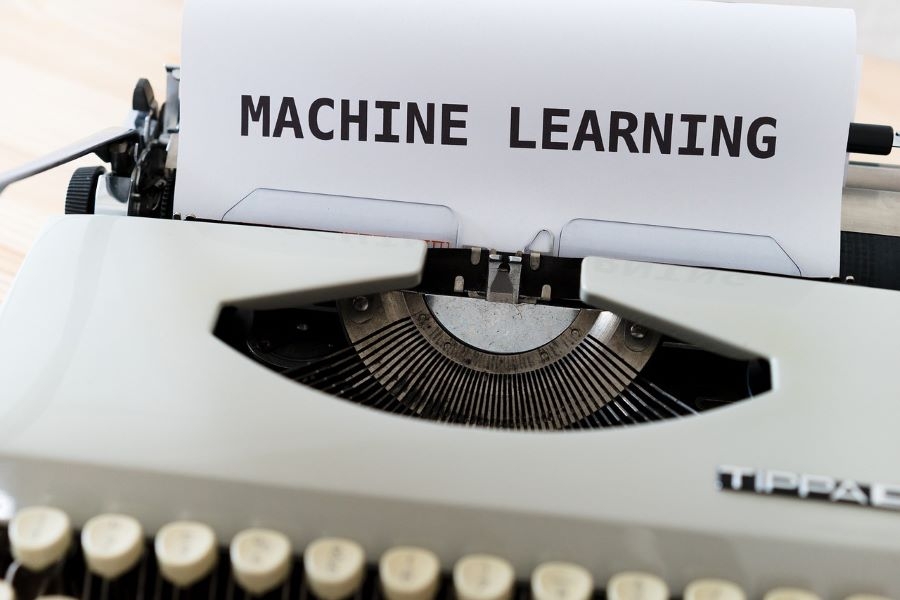The use of Machine Learning (ML) has brought about a change in how different industries operate, including the mortgage sector. The integration of ML algorithms and automated processes has revolutionized the mortgage industry by simplifying operations, reducing paperwork, and enhancing decision-making abilities. This article will delve into the role of machine learning in mortgage automation to improve decision-making.
Efficient Data Gathering
A key advantage of ML in mortgage workflow automation is its capacity to streamline data collection. Traditionally, lenders had to manually gather a variety of borrower information like income, credit history, employment status, and other pertinent details. This manual process was time-consuming and prone to errors. With ML algorithms, lenders can automatically collect data from several sources, such as government records and financial institutions. These ML models can validate the data for accuracy before using it at different stages of the loan origination process.
Risk Evaluation
Another key aspect of machine learning in mortgage automation is risk assessment. ML models can examine loan data to pinpoint patterns and indicators that accurately predict risk levels. By taking into account aspects like credit ratings, debt-to-income ratios, initial payment amounts, and work history, machine learning algorithms can evaluate the probability of a borrower defaulting on their loan. This sophisticated risk assessment not only assists lenders in making decisions on approving mortgage applications but also aids in setting suitable interest rates based on an applicant’s risk level.
Simplified Loan Approval Process
The evaluation process in mortgages is key to determining whether an applicant is eligible for a loan. In the past, this process involved verification of documents and thorough document scrutiny. This time-consuming method delayed loan approvals. Machine learning streamlines most aspects of evaluation by utilizing natural language processing (NLP) techniques to scrutinize documents like tax returns and bank statements. Algorithms that imitate human intelligence are trained to identify crucial information while also validating document authenticity.
With machine learning-powered evaluation systems, lenders can efficiently handle large quantities of mortgage applications without compromising precision. These automated systems serve as a defense against unscrupulous activities while notably minimizing the time and energy needed during the evaluation phase.
Improving Credit Assessment
Machine learning algorithms are enhancing credit scoring methodologies by providing lenders with an understanding of creditworthiness. Instead of depending on a person’s credit score, machine learning models can take into account various alternative factors to accurately assess creditworthiness. For example, ML models can examine traditional data related to lending, such as payment history for utility bills or rent, to include borrowers with limited credit histories or those who have been marginalized. By considering a person’s behavioral background, these ML-driven credit scoring systems offer lenders a more thorough evaluation of an individual’s capacity to repay their loan.
Addressing Bias and Ensuring Equity
Despite the many advantages of ML algorithms, they can still exhibit biases inherited from the data used in training. In sectors like mortgages, where fair lending is crucial, avoiding bias in decision-making algorithms is a major concern. To tackle this challenge, regulatory bodies and lenders need to collaborate on establishing governance mechanisms that promote fairness. By employing automated methods for detecting bias and regularly updating training datasets based on trends, it is possible to minimize discrimination and ensure that decisions made through ML systems are fair while preventing the perpetuation of biases.
Predicting Market Trends
Machine learning also plays a role in predicting market trends within the mortgage industry. By examining data from the market and economic indicators, machine learning models can provide insights into interest rates and conditions in the housing market. These forecasts assist lenders in making informed choices when managing loan portfolios or offering better pricing to borrowers. By considering factors such as inflation rates, unemployment numbers, and government policies that impact interest rates, lenders have access to data that helps them strategize effectively and avoid risks.
In Summary
The integration of machine learning in mortgage automation has transformed various aspects of the mortgage industry. From simplifying data collection and improving risk assessment to automating underwriting processes and enhancing credit scoring, machine learning offers many advantages in terms of efficiency and decision-making. It is crucial for lenders to prioritize fairness during model development while actively addressing biases to ensure the ethical use of machine learning algorithms. By embracing machine learning technology within the mortgage sector, lenders can offer borrowers better experiences and make sound decisions based on reliable insights.





